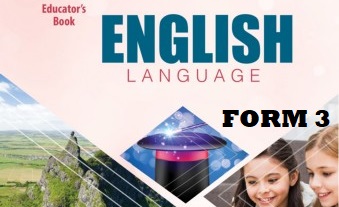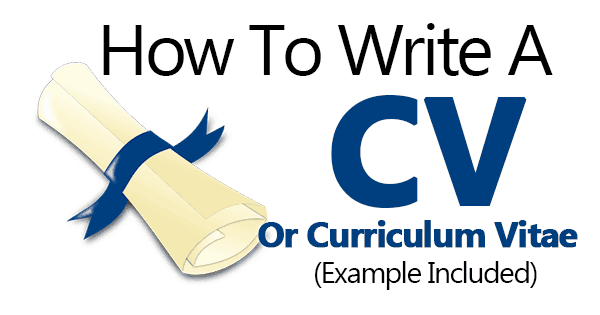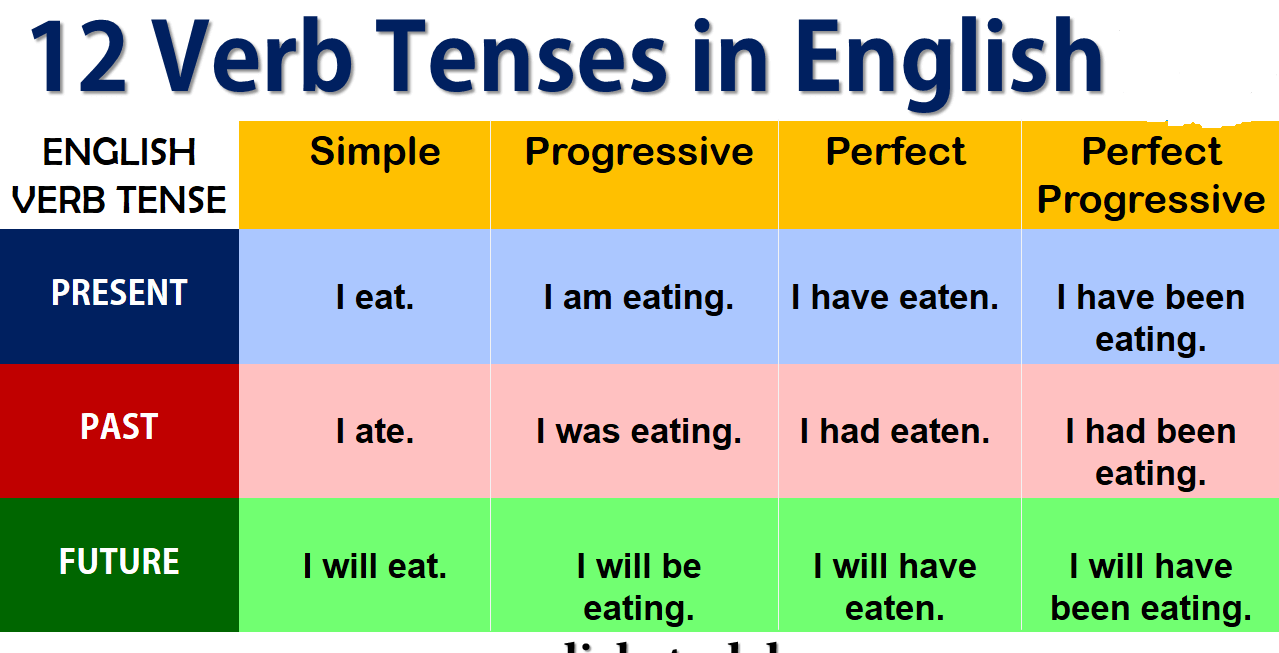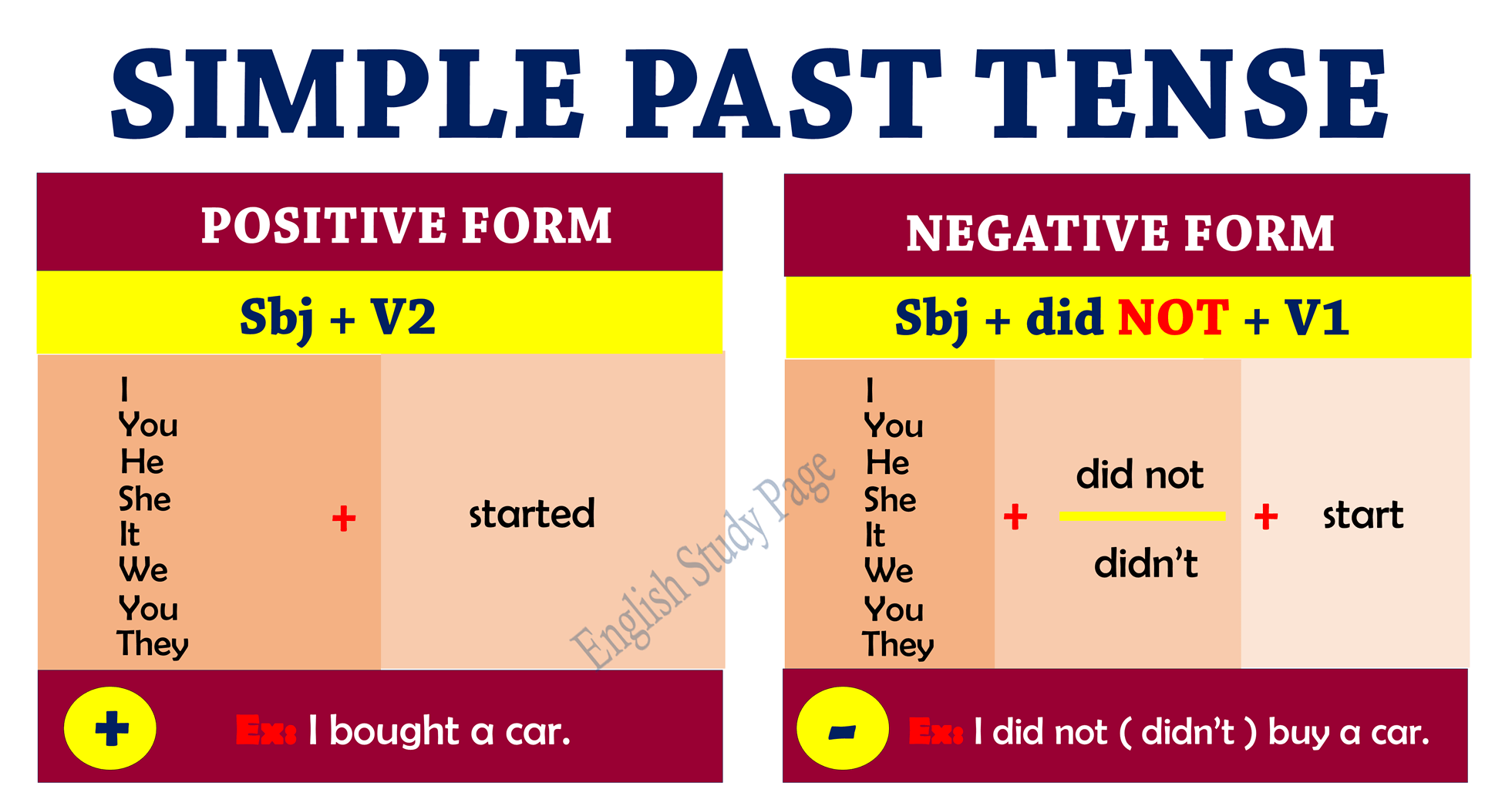ENGLISH LANGUAGE
Home ENGLISH LANGUAGE
TOPIC 1: LISTENING FOR INFORMATION FROM DIFFERENT SOURCES | ENGLISH FORM 3
LISTENING FOR INFORMATION FROM DIFFERENT SOURCES
Here the student should be able to give specific information, reproduce in writing what is heard. To give general...
DEBATE
DEBATE
Debate refers to an organized or public discussion of something especially as a part of formal exchange of opinion.
Debating process is based on the...
Topic 12: Interpreting Literary Works | English Form 1
Topic 12: Interpreting Literary Works | English Form 1
INTERPRETING LITERARY WORKS
Intensive reading
Involves comprehension and summary while reading a class reader (books) its chapters, the...
HOW TO ANSWER QUESTIONS ON COMPREHENSION
HOW TO ANSWER QUESTIONS ON COMPREHENSION
Comprehension questions are questions are the questions that require the candidates to read the given passage and answer the...
POETRY ANALYSIS
POETRY ANALYSIS
Refers to the artistic expression of ideas, experience or events using language characterized by imagery and rhythmical sounds.
Or.
Poetry is the art of rhythmical...
CURRICULUM VITAE (C.V) / RESUME
CURRICULUM VITAE (C.V) / RESUME
A curriculum Vitae (C.V) is a written document of your education and the jobs you have done that you send...
SPEECH _ WRITING & PRESENTATION
SPEECH WRITING
A speech refers to a formal address or talk delivered / given to an audience. Or
A speech refers to a vocalized form of...
ADJECTIVES | PARTS OF SPEECH
ADJECTIVES
Adjectives are words which tell more about a noun. They are used in giving more information about the object signified or Adjectives are words...
TOPIC 2: USING APPROPRIATE LANGUAGE CONTEXT AND STYLE IN SPEAKING | ENGLISH FORM...
USING APPROPRIATE LANGUAGE CONTEXT AND STYLE IN SPEAKING
DEBATES
What is debate?
A debate is a formal discussion during which people take sides to express their views...
MABALA THE FARMER
MABALA THE FARMER
HOW TO INTERPRET SIMPLE STORIES
TITLE: Mabala the Farmer
AUTHOR: Richard S. Mabala
SETTING: Tanzania
YEAR OF PUBLICATION: 1998/ No Year of publication
PUBLISHER: Longman Group UK...
12 Basic English Tenses
12 Basic English Tenses
English Tense System
In some languages, verb tenses are not very important or do not even exist. In English, the concept of...
TOPIC 2: TALKING ABOUT EVENTS | ENGLISH FORM 2
TOPIC 2: TALKING ABOUT EVENTS | ENGLISH FORM 2
TALKING ABOUT EVENTS
INDEPENDENCE DAY
When does the celebration take place
Where did it take place
Who was the guest...
Active And Passive Voice Uses With Examplea And Exercise
Active And Passive Voice Uses With Examplea And Exercise
Voice is the form of a verb that shows whether the subject of a sentence performs...
PRESENT PERFECT CONTINUOUS TENSE
Present Perfect Continuous
The Present Perfect Continuous uses two auxiliary verbs together with a main verb.
In this lesson we look at the structure and use of the Present Perfect Continuous tense,...
SIMPLE PAST TENSE
SIMPLE PAST TENSE
The Past Simple tense is sometimes called the "preterite tense". We can use several tenses and forms to talk about the past,...
Topic 6: Expressing Likes And Dislike | English Form 1
Topic 6: Expressing Likes And Dislike | English Form 1
Download form one notes | PDF notes form one English | Download English notes free...
10 BEST TIPS TO SPEAK ENGLISH
10 BEST TIPS TO SPEAK ENGLISH
Here are ten questions to help you start speaking English. Each of these questions helps to begin or continue...
TOPIC7: TALKING ABOUT CULTURAL ACTIVITIES | ENGLISH FORM 2
TOPIC7: TALKING ABOUT CULTURAL ACTIVITIES | ENGLISH FORM 2
TALKING ABOUT CULTURAL ACTIVITIES
Talking about games
A VOLLEYBALL MATCH
One day I went to watch a long waited...
ARTICLES | ENGLISH
ARTICLES
Articles are words that used together with nouns or adjectives. They are regarded as a class of determiner and not a word class. The...
FUTURE PERFECT TENSE
FUTURE PERFECT TENSE
Future Perfect
The Future Perfect tense is quite an easy tense to understand and use. The Future Perfect talks about the past in the future.
FUTURE PERFECT...



































































